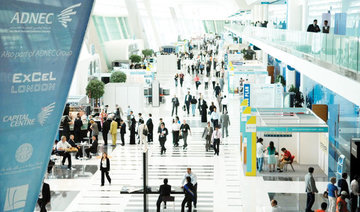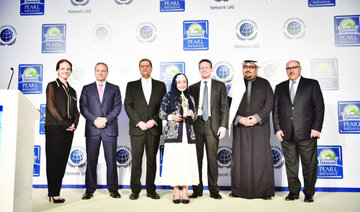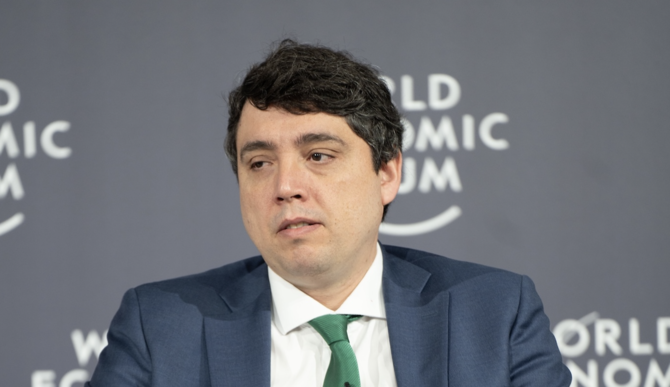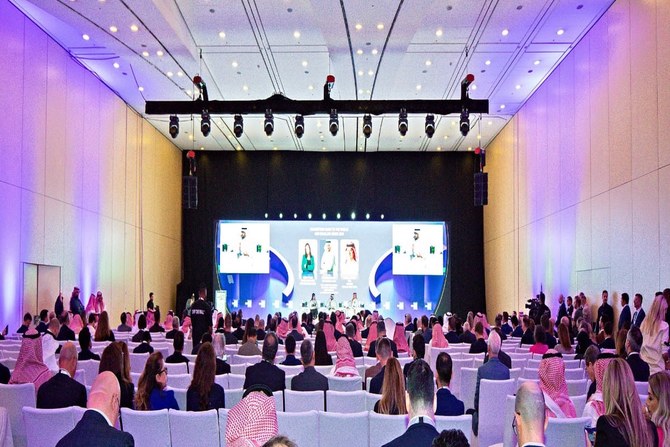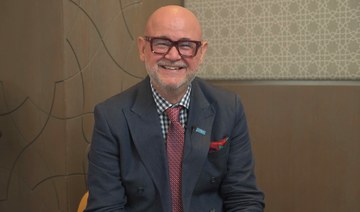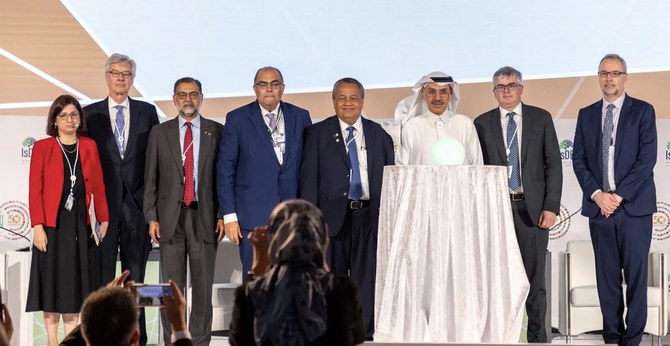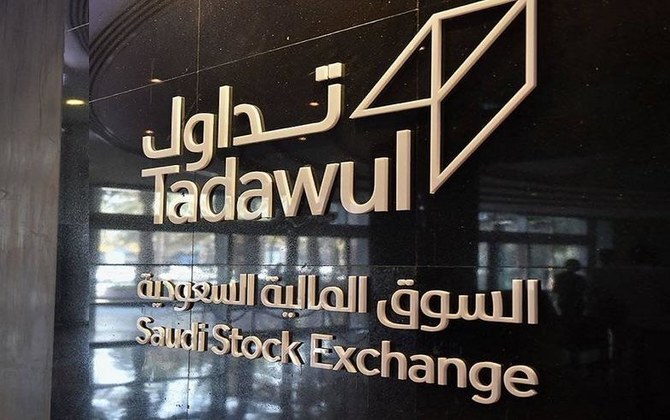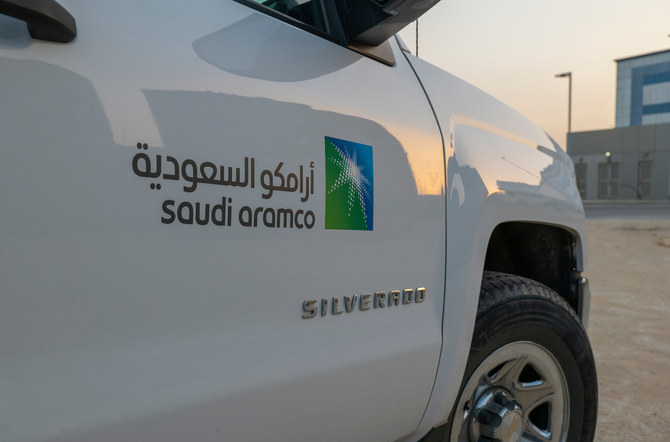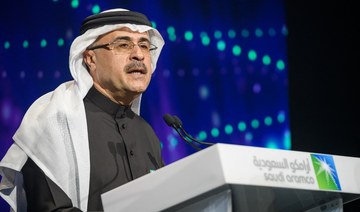Sustainable finance is an idea whose time has come. The notion that international capital can be employed to force through progress toward achieving sustainability — in climate change, the environment, and all aspects of 21st-century life — has attracted a wave of enthusiasm from international banks and investing institutions.
Daniel Klier is riding the crest of that wave. Still in his 30s, he has already enjoyed a successful career at McKinsey, the top-rated consulting firm, and five years ago became one of the youngest senior executives of global bank HSBC, as group head of strategy.
Last year, he was made global head of sustainable finance. It was a sea-change for the bank. “We had to come up with a definition on the way we as a bank can align ourselves with the goals set out in the Paris Agreements and the UN’s 17 Sustainable Development Goals (SDG),” said Klier.
The Paris Agreements were signed in 2015 under United Nations auspices, and were hailed at the time as a big step forward reversing the trend of global warming, after the failure of the earlier Kyoto agreement. The aim was to reduce carbon emissions to a level that kept average global temperatures to 2 degrees above the post-industrial trend.
The UN sustainable development goals had preceded by a few months, but were much more ambitious in scope. Their 17 item agenda covered all aspects of human life, from an end to poverty and hunger, through gender and economic equality, right through to “peace, justice and stone institutions.” Together, Paris and the SDGs were a blueprint for the survival and betterment of humanity.
Climate change is the only goal that has — nearly — global agreement, so we focused most of our activities on that. Almost everyone in the world has signed up to the Paris Accords.
Daniel Klier
Of course, not everybody saw it that way. President Trump has withdrawn the US — one of the world’s biggest polluters purely by the size of its economy and industry — from the Paris deal; the SGDs were met by some hard-nosed cynics as an utopian but unachievable program.
Klier did not say so specifically, but you get the impression that he agreed with criticism of some parts of the SDG program, which “require further momentum,” he said.
But on climate change, he argues persuasively that the Paris goals were practical and achievable. His prominent role at HSBC tells us that the bank agrees.
“Climate change is the only goal that has — nearly — global agreement, so we focused most of our activities on that. Almost everyone in the world has signed up to the Paris Accords.
“And measures to slow climate change are commercially viable. We have the technology — solar, wind, batteries, storage — and now many experts are saying it is commercially achievable. The Kyoto accords, in contrast, were a big dream and not practical,” he said.
But he does not underestimate the scale of the challenge. “The OECD estimates that over $100 trillion of investment is needed in green infrastructure through to 2030 in order to give us a 66 percent chance of meeting the 2 degree goal of the Paris accord. “Green” bonds (financial instruments dedicated toward environmentally-sound projects) raised $130-140 billion last year, and the total investment in alternative energy is only $500 million. So there is a lot to be done,” he said.
He estimated that between $6-$8 trillion has to be invested annually over the next decade to have any hope of meeting the goals. “There are some obvious ways in which we can get toward some of that. Green buildings, electric cars and increased solar and wind usage would make a big dent in it,” he said.
There is a lot HSBC can do, he believes. “We’re a big institution, with $2.6 trillion of assets and a loan book to customers of around $900 billion. So we have made a sizable commitment to use a chunk of those resources to make a big dent in the SGD and Paris Agreement targets. We can use our supply clients and also become thought leaders around the world,” he said.
Last year, HSBC published its commitments to support the transition to a low carbon economy, involving action in five areas. The bank aims to commit $100 billion of sustainable financing and investment by 2025, and source all of its electricity from renewable sources by 2030. It also aims to reduce exposure to coal, including discontinuing finance of new mines and trying to influence client investment decisions in high-carbon sectors.
The bank will adopt the recommendations of the Task Force on Climate Related Financial Disclosures and establish a center for sustainable finance to set global benchmarks for the new discipline.
How has HSBC’s global client base reacted to the new approach? Klier sees great potential in China, still heavily reliant on coal for its domestic energy but gradually realizing the harmful effects of coal emissions. “The One Belt One Road policy of China has the capacity and the planning to roll out lots of sustainable projects in a short space of time,” he said.
Klier said there was a new attitude by sovereign investors in China and other parts of Asia. “They have long-term investment plans that are open and innovative and green,” Klier said.
In North America, regardless of the anti-environmental stance of President Trump, investors are looking again at the need to control climate change. “The big drivers in the US and Canada for sustainability are the pension funds. They have gone from thinking just of the return on an investment, and are now looking more long term, and at the world pensioners will live in. Most of the world’s pensions industry is in the West, of course,” he said.
European governments have also been at the forefront of the sustainability movement, with some proposing to ban petrol engines entirely after 2030.
And what of the Middle East, home of the world’s biggest reserves of oil, a big fossil fuel pollutant.? Klier recently did a roadshow in the region to explain the new approach to clients, and reports a positive reaction.
“In the Middle East, governments are now incredibly strong on the sustainability agenda. Saudi Arabia’s National Renewable Energy Plan and the UAE Energy Plan set out ambitious and tangible targets. Investors have started to realize it’s a real commercial opportunity, and countries that have fossil fuel dependency are more focused on it from a transitionary perspective,” he said.
The potential for green finance ranges across the full range of our activities.
Daniel Klier
“Now we’re looking at the big transition clients and trying to move them. In the next five years, we’ll see more “stranded assets” like in some of the high transition risk sectors. These include among others oil and gas, utilities transport, and this will have to prompt an investment rethink,” Klier said.
As the biggest oil exporter in the world, that transition has a special resonance for Saudi Arabia. “There is a very ambitious strategy underway. They have the lowest-cost oil in the world, and it will probably be the last one flowing. Policymakers could just take the attitude: ‘Why should we bother with sustainability’? So what they’re actually doing is quite ambitious and forward thinking.
“Of course, the oil price is recovering, but I think the momentum toward sustainability has been gathering momentum since the Paris Accords.
“States, the private sector and multilateral organizations all have the same messaging. I think the risk of moving off-piste — dropping the Saudi transformation plan — is less now than it has been,” he said.
The bank sees great potential in the financial industry as an instrument of change. Last year, it launched the first-ever “SDG bond,” acting as sole book runner and structuring adviser on a $1 billion issue that focuses on investment projects in seven of the UN’s 17 SDG goals, and reported a good take-up. It has also been involved in sustainable finance projects in Hong Kong, Mexico, the UK, and China.
In this sector, Saudi Arabia perhaps needs to be a bit more innovative. “I feel there is a mismatch between financing needs in sustainability and the current financing activity,” Klier said, pointing out that the first-ever green sukuk — shariah compliant bond — was issued by Indonesia.
In Saudi Arabia, “there is a need to get capital to where it is most needed. For example, blended finance is a mix of private and public money, but you have to see where are the bottlenecks, and work out why not enough money is getting into those areas,” he said.
“The potential for green finance ranges across the full range of our activities. Solar and wind farms are the obvious examples, of course, but there are big potential applications in commercial real estate, with the need to construct new green buildings and retrofit existing ones.
“There is also the need to finance energy-efficient projects in real industrial companies, like in the steel and motor industries. Then there is the retail side of the world, green mortgages and green loans. HSBC’s balance sheet is a replica of the real economy. If we get it right, it will make for a better global economy,” he said.
That is a big ambition, and who knows how an economic recession, financial crisis or global trade war would leave the push toward sustainability? In an era of protectionism and climate-change denial by some of the world’s leaders, wouldn’t the sustainability program be high on the list of expendable projects that could be axed in tougher times?
Klier does not see it that way. “Most people agree sustainability is an important topic, but I believe the next stage is to get them to see it as an urgent topic,” he said.



